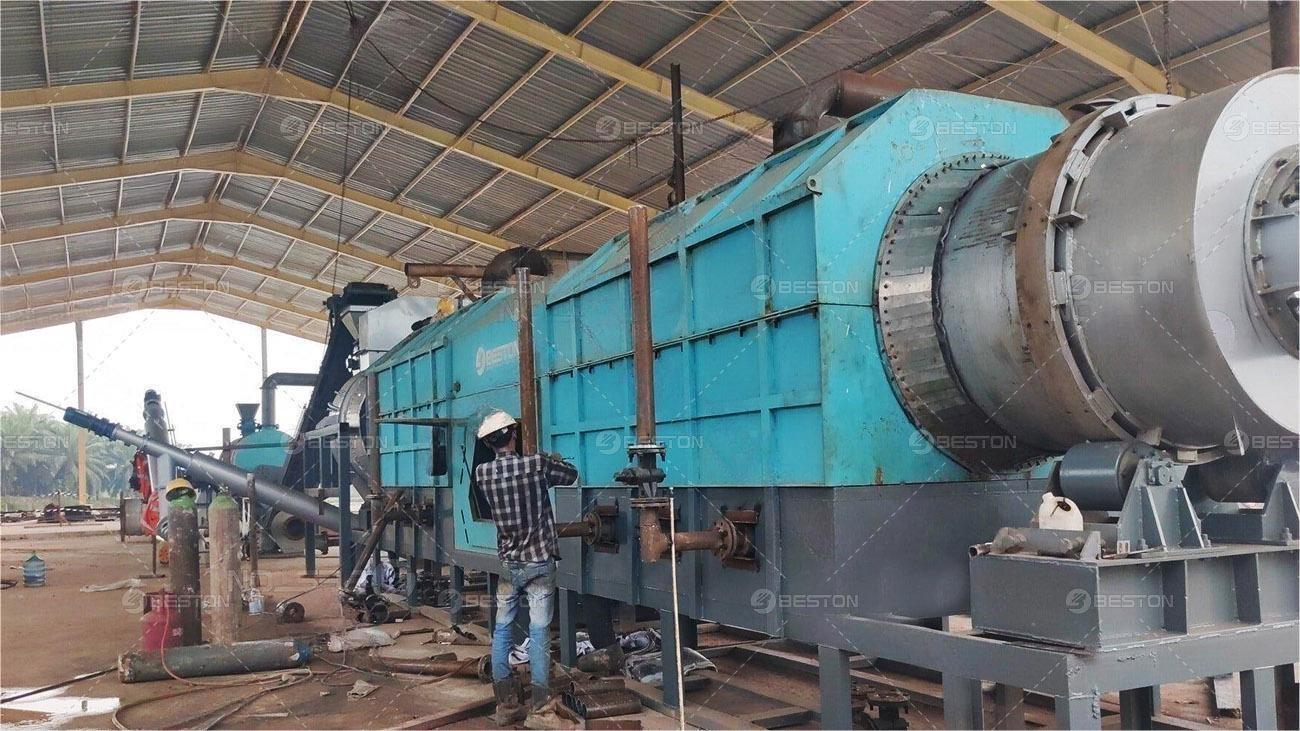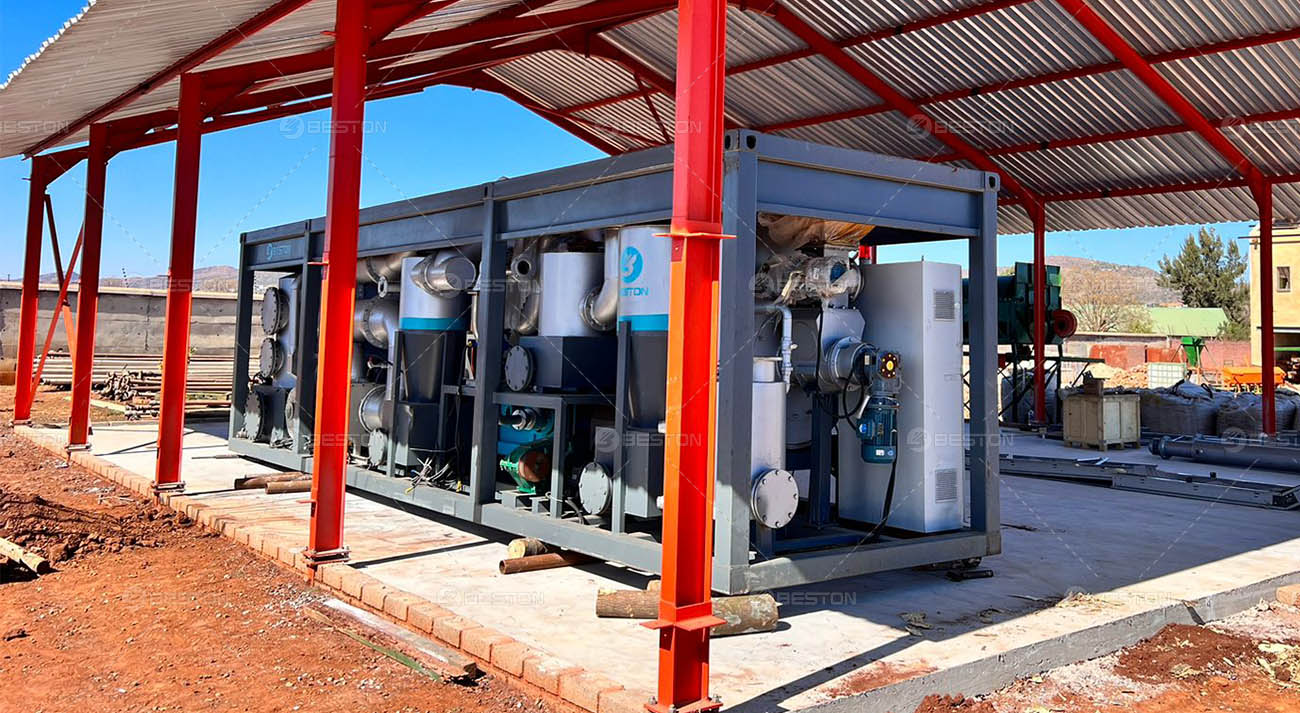Coconut shells are often seen as waste in regions where coconut processing is prevalent. However, these shells offer a lucrative opportunity for those looking to venture into the charcoal production industry. Coconut shell charcoal is in high demand due to its sustainability, high calorific value, and various applications. By investing in a coconut shell charcoal project, businesses can generate significant profits. The key is understanding the process of turning coconut shells into charcoal and optimizing operations for maximum returns. Here are the essential factors to consider.
Efficient Charcoal Production Process
The first step in maximizing profits is mastering how to make charcoal from coconut shell efficiently. The process begins by collecting discarded coconut shells, which are readily available in many tropical regions. After gathering the shells, they are dried to reduce moisture content, which is crucial for smooth carbonization. The dry coconut shells are then loaded into a coconut shell charcoal machine, which uses a high-temperature, low-oxygen environment to convert the shells into charcoal.
Carbonization machines come in various models, each offering different levels of automation and capacity. Selecting the right coconut shell charcoal machine will determine how efficient your production is. Automated machines reduce labor costs and ensure consistency in charcoal quality, which can increase your market competitiveness. Additionally, modern machines come equipped with energy recovery systems, which utilize the heat generated during carbonization to fuel the process, cutting down on operational expenses.
Market Demand and Diverse Applications
Once the charcoal is produced, the next consideration is the market demand. Coconut shell charcoal is highly sought after in various industries, including metallurgy, pharmaceuticals, and agriculture. Its high carbon content makes it an excellent choice for activated carbon production, which is used in water filtration systems, air purification, and even medical applications. The global demand for activated carbon is growing steadily, providing a profitable market for coconut shell charcoal producers.
Moreover, the food industry also uses coconut shell charcoal machinery, particularly for grilling and barbecue purposes. It burns at higher temperatures than regular wood charcoal and produces less smoke, making it ideal for restaurants and outdoor cooking. By tapping into multiple market segments, producers can diversify their revenue streams and increase profit margins.
Low-Cost Raw Material
One of the primary advantages of a coconut shell charcoal project is the low cost of raw materials. Coconut shells are often considered agricultural waste, meaning they are either free or available at a minimal cost. In regions where coconut production is widespread, shells are abundantly available, further reducing expenses associated with raw material procurement. With lower input costs, businesses can focus on optimizing their production efficiency and selling their products at competitive prices without sacrificing profit margins.
Additionally, utilizing agricultural waste like coconut shells supports sustainability initiatives, which can attract eco-conscious customers and businesses. Marketing your charcoal as a sustainable and environmentally friendly product can open doors to premium markets willing to pay higher prices for green alternatives.
Value-Added Products
Apart from selling raw coconut shell charcoal, there are several opportunities for adding value to your products. For instance, you can process the charcoal further into activated carbon, which commands a higher price in the market. Activated carbon production involves additional steps, such as heating the charcoal with steam or chemicals to create a porous structure ideal for filtration and adsorption applications.
Another option is to produce briquettes, which are compressed charcoal pieces often used in cooking and heating. Briquettes are easier to handle, transport, and burn longer than traditional charcoal, making them appealing to consumers. By offering these value-added products, businesses can increase their profit margins significantly.
Minimizing Operational Costs
While the income potential from a coconut shell charcoal project is promising, managing operational costs is equally important for profitability. Choosing an energy-efficient biomass carbonization plant can greatly reduce electricity or fuel consumption, lowering ongoing expenses. In addition, automation can cut down on labor costs by streamlining the production process.
Regular maintenance of the charcoal machine ensures that it operates at optimal efficiency and reduces the risk of costly breakdowns. Investing in a high-quality machine from a reputable manufacturer may come with higher initial costs, but it pays off in the long run by minimizing repair expenses and extending the machine’s lifespan.
Exploring Export Markets
For businesses looking to scale, exporting coconut shell charcoal can be a profitable venture. International markets, particularly in regions like Europe and North America, have a growing demand for eco-friendly charcoal products. Exporting allows businesses to sell their products at higher prices due to limited competition in those markets. To capitalize on this opportunity, companies should ensure that their products meet international quality standards and packaging requirements.

Conclusion
Investing in a coconut shell charcoal project presents significant profit potential for entrepreneurs. By understanding how to make charcoal from coconut shell efficiently and leveraging the right coconut shell charcoal machine, businesses can capitalize on low raw material costs, diverse market applications, and growing demand. Strategic management of production costs, exploring value-added products, and tapping into international markets will ensure long-term profitability and success. For more coconut shell charcoal solutions, please consult Beston Group China.